This article was medically reviewed by Luba Lee, FNP-BC, MS. Luba Lee, FNP-BC is a Board-Certified Family Nurse Practitioner (FNP) and educator in Tennessee with over a decade of clinical experience. Luba has certifications in Pediatric Advanced Life Support (PALS), Emergency Medicine, Advanced Cardiac Life Support (ACLS), Team Building, and Critical Care Nursing. She received her Master of Science in Nursing (MSN) from the University of Tennessee in 2006.
There are 9 references cited in this article, which can be found at the bottom of the page.
This article has been viewed 25,515 times.
Biliary colic pain is caused by a blockage in your gallbladder, which usually occurs because of gallstones. This type of dull, steady pain can last up to 6 hours at a time and is typically felt in the upper abdomen. You may struggle with how to relieve this persistent ache, especially if you are feeling nauseous or sick due to the pain. While the pain eventually subsides on its own, you should seek medical attention if the pain you're experiencing is severe.
Steps
Adjusting Your Diet and Lifestyle
-
1Maintain a healthy body weight through diet and exercise. People who are obese are more likely to develop gallstones and biliary colic pain.[1] To prevent your biliary colic pain from worsening, work on eating a nutritious, balanced diet and exercising every day to keep your body weight at a healthy level.
-
2Eat food high in vitamins and minerals. Good nutrition can ensure your liver works properly and you avoid complications due to your condition. Eating a healthy diet can also help you manage biliary colic pain so it does not get worse. Have lots of fresh vegetables and fruits in your meals as well as whole wheat grains and healthy protein sources like chicken, fish, and beans.[2]
- Make a meal plan at the beginning of the week with meals packed with healthy options. Go shopping for the week’s groceries and bring an ingredients list so you know what to buy. Plan your meals and snacks so you can make healthy eating choices when you eat at home.
Advertisement -
3Avoid foods high in salt, fat, and sugar. Foods high in fat can be difficult for you to digest due to biliary colic issues. You should also avoid foods high in salt and sugar, such as fast food, junk food, and prepackaged foods, as they can be hard on your digestion and make your biliary colic issues worse.[3]
- Do not cut fat, sugars, or salt out of your diet completely, as this can put you at risk of low energy. Instead, have less fat, sugar, and salt in your meals.
-
4Do not eat oysters or raw shellfish. Oysters and raw shellfish contain bacteria that can cause health issues if you have biliary colic issues caused by biliary cholangitis. Have shellfish that has been cooked to be safe.[4]
-
5Take vitamin and mineral supplements. Having biliary colic issues caused by biliary cholangitis can put you at risk of bone issues like osteoporosis. You are also at risk of having low levels of important vitamins like vitamin A, D, E, and K. Taking calcium supplements and supplements for other vitamins you are lacking can help your body function properly despite your biliary colic issues.[5]
- Speak to your doctor before you take vitamin and mineral supplements to ensure they are right for you.
- Look for vitamin and mineral supplements produced by a reputable supplier at your local health food store or online.
-
6
Getting Medical Treatment
-
1Ask your doctor for prescription pain medication. Your doctor can give you a prescription for pain medication to help reduce the pain you are experiencing. Make sure you follow your doctor’s instructions on dosage and never take more than the recommended amount.[7]
- Your doctor may prescribe you an opiate analgesic or an anti-inflammatory medication.
- Prescription pain medication are usually suggested as a temporary solution to the pain. They should not be used on a regular basis or long-term, as they can be addicting.
-
2Talk to your doctor about oral dissolution therapy. Oral dissolution therapy involves regularly taking medication to dissolve the gallstones causing your biliary colic. While oral dissolution therapy is occasionally effective, it's usually not recommended by doctors because of the likelihood that the gallstones will return once treatment is stopped.[8]
-
3Ask your doctor about getting biliary drainage done to reduce the pain. This procedure is done by inserting a tube into your bile duct to remove a blockage, such as gallstones. You will be under general anaesthetic during the procedure, which can take up to 4 hours. This procedure has minimal risks and requires 1-2 weeks of recovery.[9]
- This procedure can often reduce pain caused by a biliary colic issue. However, you will need to maintain a healthy diet and lifestyle to ensure the issue does not return.
-
4Discuss surgery to remove your gallbladder if your condition is severe. If your biliary colic pain is severe and causing you serious medical issues, your doctor may suggest the surgical removal of your gallbladder. This procedure is called a laparoscope and is done by making a small incision to remove your gallbladder.[10]
- This procedure is widely used by people who have gallstone issues, as it is considered a safe and effective way to address biliary colic pain.
- If you get a laparoscopic cholecystectomy, you can usually go home after the surgery, as the procedure is considered minimally invasive. You will need about 1 week to recover.
- If you get an open cholecystectomy, you will need to spend 2-3 days in the hospital to recover and then 4-6 weeks to recover at home.
-
5Talk to your doctor about lithotripsy if you're unable to undergo surgery. Lithotripsy is a procedure in which ultrasound waves are used to break up the gallstones causing biliary colic pain. Lithotripsy is usually reserved for people who have chronic biliary colic pain and cannot have their gallbladder surgically removed.[11]
How Can I Ease Gallbladder Pain?
References
- ↑ https://www.hopkinsmedicine.org/health/conditions-and-diseases/gallstones
- ↑ https://www.nhs.uk/conditions/gallstones/treatment/
- ↑ https://www.ncbi.nlm.nih.gov/books/NBK430772/
- ↑ https://www.niddk.nih.gov/health-information/liver-disease/primary-biliary-cholangitis/eating-diet-nutrition
- ↑ https://www.niddk.nih.gov/health-information/liver-disease/primary-biliary-cholangitis/treatment
- ↑ https://pubmed.ncbi.nlm.nih.gov/27926662/
- ↑ https://www.aafp.org/afp/2014/0515/p795.html
- ↑ https://www.nhs.uk/conditions/gallstones/treatment/#medication-to-dissolve-gallstones
- ↑ https://my.clevelandclinic.org/health/treatments/17763-biliary-stent
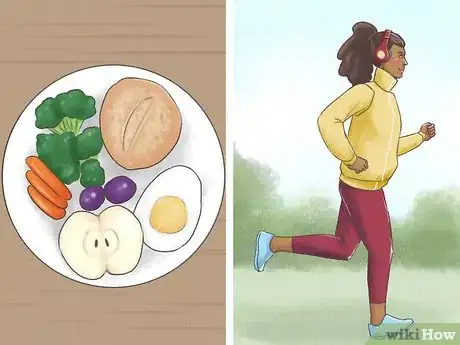
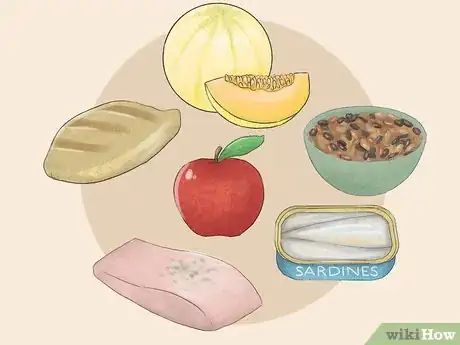
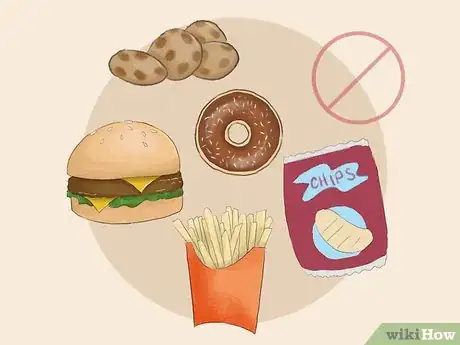
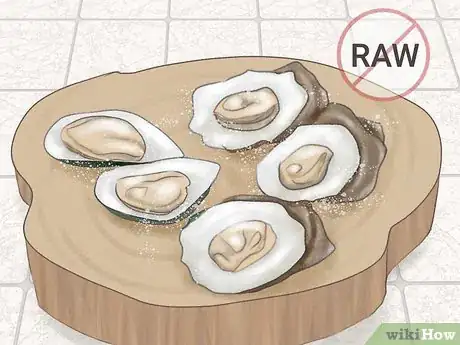
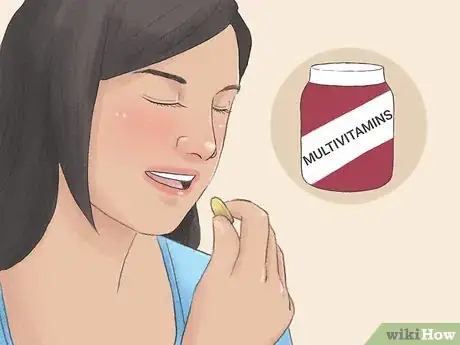
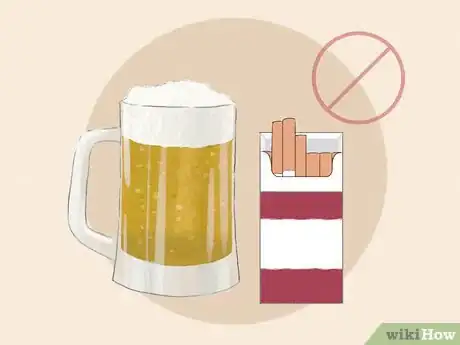
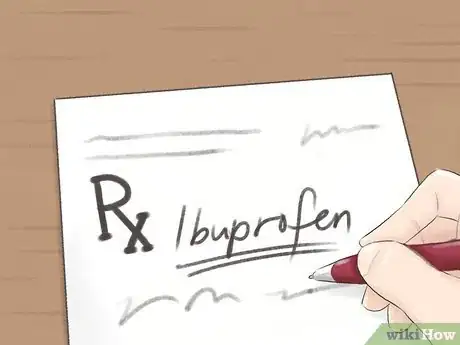
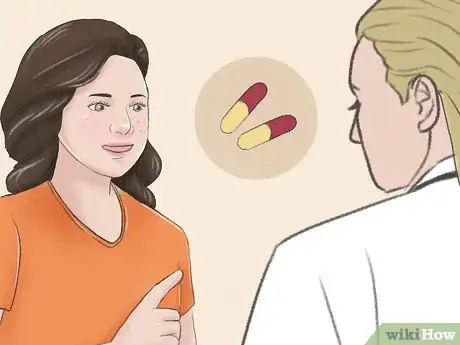
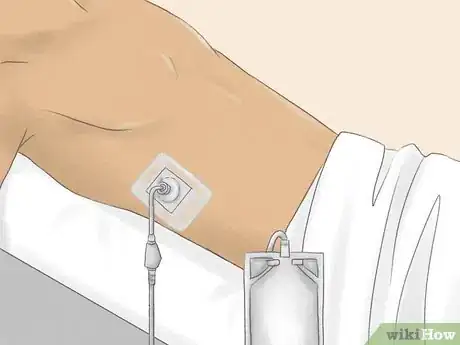
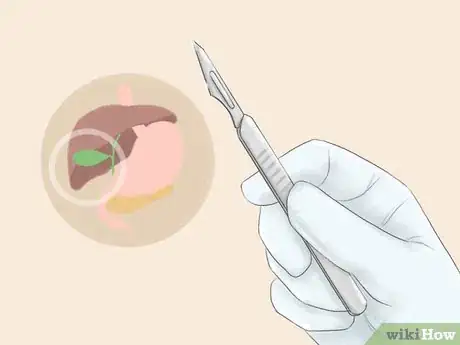
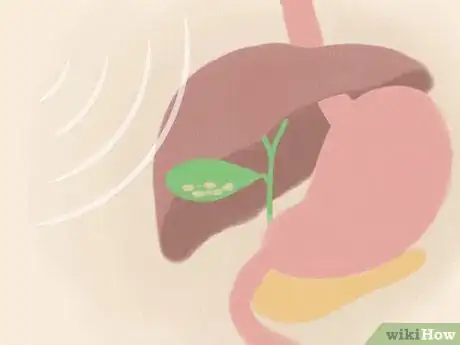
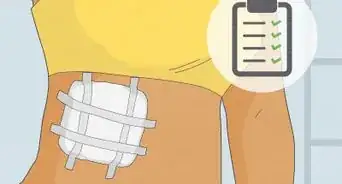
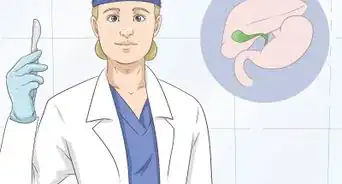
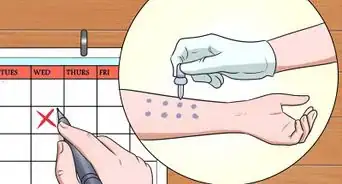
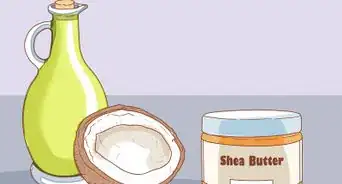
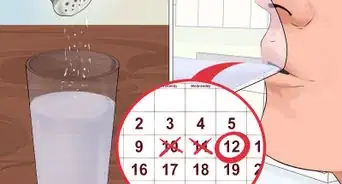

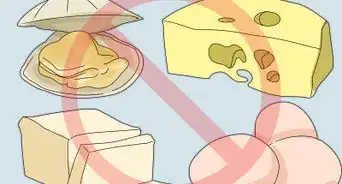








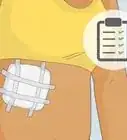
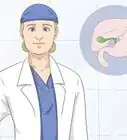
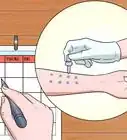
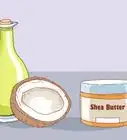



































Medical Disclaimer
The content of this article is not intended to be a substitute for professional medical advice, examination, diagnosis, or treatment. You should always contact your doctor or other qualified healthcare professional before starting, changing, or stopping any kind of health treatment.
Read More...